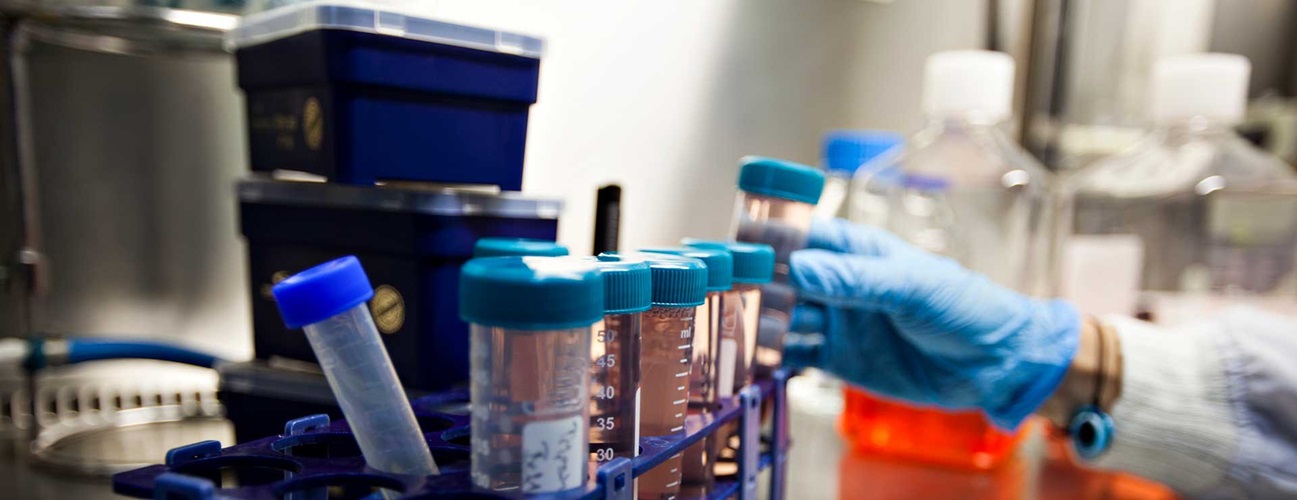Pancreatic Cancer Vaccine: What to Know
Reviewed By:
Can a vaccine treat pancreatic cancer? New research on the subject appears promising, says Johns Hopkins medical oncologist Lei Zheng, M.D., Ph.D., who helped develop the type of immunotherapy vaccine currently being tested in clinical trials. But unlike most vaccines used today, a pancreatic cancer vaccine doesn’t prevent the cancer from developing.

In clinical trials, doctors are testing how this vaccine therapy (along with other specialized immunotherapies) can harness the power of a patient’s immune system to more comprehensively treat pancreatic cancer. Zheng explains the basics behind this novel therapy.
Pancreatic Cancer and the Immune System
Your immune system is a complex collaboration of cells and other molecules that work together to help your body fight off threats, such as infection or disease. As Zheng explains, there are two main parts to the body’s immune system.
- Innate immunity: These “guard” cells are always on call and ready to fight an infection whenever it presents itself.
- Adaptive immunity: Unlike innate immunity, these cells (largely T cells and B cells) stay silent until they’re activated, or alerted to a threat.
Your immune system works hard to ensure just the right balance of immune response. That’s important, because too little response means you stay sick. Too much response causes autoimmune disease.
Cancer cells, however, have found a way to trick the body’s immune cells into not recognizing them as a threat. That means the immune lieutenants, or T cells, never alert the “special forces” team to attack cancer cells. If not detected and treated, cancer cells continue to grow and spread.
How a Pancreatic Cancer Vaccine Works
Zheng is working on the pancreatic cancer vaccine . This vaccine is made up of inactivated tumor cells, which means they have been killed and are unable to cause disease.
So far, research has shown that the vaccine can help some patients with pancreatic cancer activate a more effective immune response to the cancer.
Zheng explains: “When we give patients this vaccine, it prompts the body to attack the cancer cells, wherever they are — in the pancreas as well as anywhere else in the body the cancer cells have spread.”
Meet Our Pancreatic Cancer Experts

Our team is a world leader in the diagnosis and management of pancreatic cancer, leading all institutions in novel therapies and innovative clinical trials.
Find a Johns Hopkins pancreatic cancer expert in Baltimore and Washington, D.C.
Potential of Pancreatic Cancer Immunotherapies
“This is just one type of immunotherapy doctors are using to treat pancreatic cancer of all different stages today,” says Zheng.
For example, doctors use this vaccine with specialized immunotherapy drugs called checkpoint inhibitors to help the body’s immune system recognize cancer cells as a threat — and then attack them.
Immunotherapies for pancreatic cancer are still in the research phase. Doctors continue to learn more about how these therapies allow a patient’s immune system to work with conventional treatments, such as surgery and chemotherapy, to more effectively kill pancreatic cancer cells.





